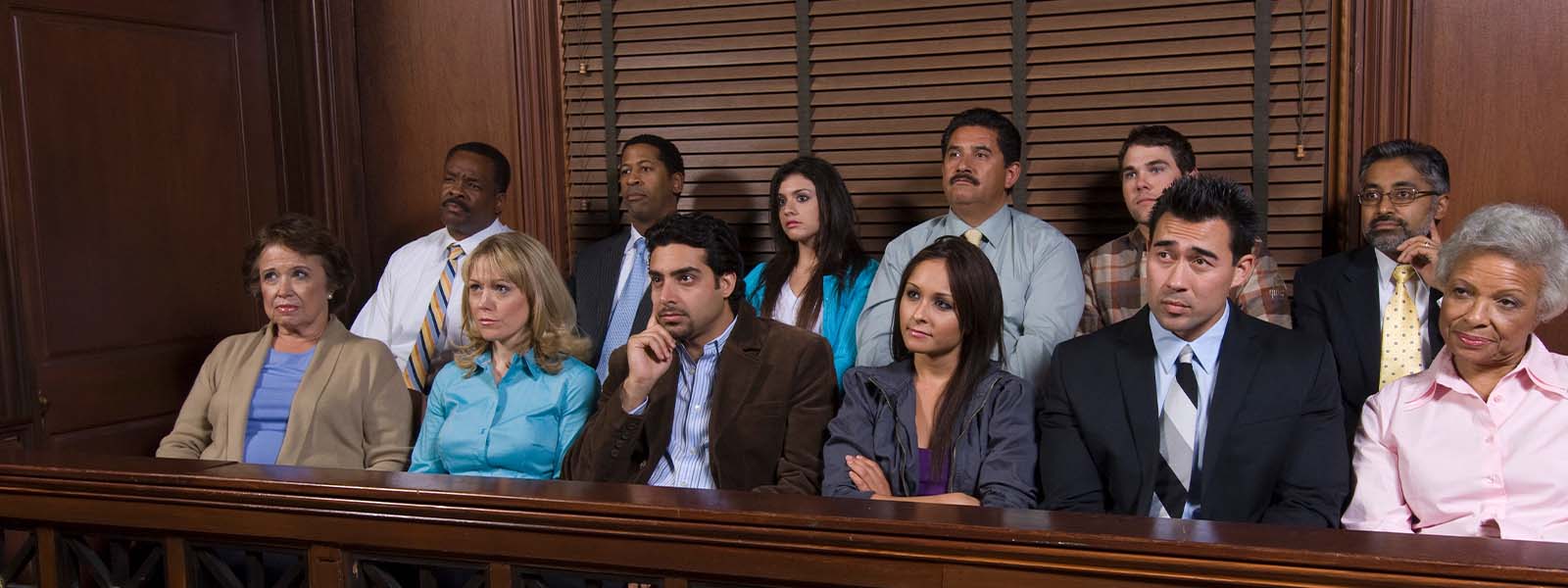What Is a Truck Accident Claim?
When a client is injured or suffers the loss of a loved one as the result of an accident with a semi truck or other type of commercial truck, the client may be able to receive fair compensation from the negligent parties. To successfully represent clients in truck accident claims, attorneys must have extensive knowledge regarding the truck and auto accident claims process. In this guide, you will gain information about how the semi truck accident claims process works, what is involved in the settlement process, and how attorneys and their clients can navigate the legal process.
The Truck Accident Claim Process
After a client experiences a personal injury or a loss due to an accident involving a commercial vehicle, questions naturally arise about what occurs in the truck accident claim process. In many cases, litigation may not be necessary for clients to receive fair compensation in truck accident claims or claims against any other trucking company. Of course, all cases are different. In some situations, insurance companies may deny liability or negotiations may come to a standstill. Your law firm may have no other option but to file a lawsuit against potential parties who may be responsible for your client’s losses.
If your firm does need to pursue litigation, everyone should understand that the truck claim process is often multi-layered. This process may begin with gathering evidence to prove negligence on the part of the trucking company as well as to identify the party or parties who may be responsible for the relevant truck accident injuries. Additionally, this process may involve an investigation of the accident and accident scene to determine factors that may have caused the accident.
A truck accident claims process may also involve your firm filing an injury demand letter on behalf of your client. This type of letter is typically filed when attempting to negotiate a fair settlement. Such negotiations may involve working with the trucking company’s insurance coverage provider to obtain a settlement.
Hire a Truck Accident Lawyer
One of the most important steps an individual who has suffered a loss due to an accident with a commercial truck can take is to hire a truck accident lawyer. Trucking companies fighting litigation involving accidents with their commercial vehicles often have a wealth of resources at their disposal. In order to obtain fair compensation for injuries and losses, victims must ensure they have an equitable amount of resources available.
Gather Pieces of Evidence and Prepare a Demand Letter
Gathering evidence is one of the most important steps in filing a truck accident claim. In this step, you work carefully with your client to obtain their personal recollection of the accident as well as other relevant information. This information could include collecting medical records, medical bills, police reports, and any other information that may pertain to the case. In this phase, you may also meet with the insurance adjuster, locate eyewitnesses, and speak with legal and insurance representatives of the trucking company. The collection of this information ensures your firm that the client’s case has sufficient merit to move to the next step.
In this phase, your legal team will have collected the evidence necessary to prepare a demand letter. This letter is forwarded to the insurance company of the trucking company responsible for your client’s injuries. A properly prepared demand letter provides information regarding how your client has been affected both physically and financially. Additionally, the demand letter states a specific financial amount that will be acceptable to compensate your client for their injuries.
Identify Any Injuries and Property Damage
The amount necessary to fairly compensate your client for their injuries and damage may be based on a variety of factors. These factors will require that any injuries as well as property damage be identified. The final financial amount included in the demand letter should include costs for medical expenses to treat injuries sustained in the accident, income lost while your client recovers from injuries, and pain and suffering incurred as a result of the accident.
Start Initial Settlement Process
The settlement process is often ongoing and may even begin before your client has retained your firm for representation. It is not unusual for the insurance company covering the trucking firm to contact a client not long after the accident with a settlement offer. This may occur in an effort to prevent the victim from obtaining legal advice. Multiple rounds of negotiation may be required before reaching an acceptable settlement offer.
Determine Liable Parties
Among the most complicated aspects of a truck accident claim is that there can be multiple liable parties when commercial vehicles are involved in accidents. In most cases, truck drivers are employed by a trucking company. However, the driver may actually transport products for multiple companies. Further complicating the matter is the tendency for trucks to be maintained and serviced by varying companies. The manufacturer and distributor of parts used in the truck could also be liable. The matter can become even further complicated in cases with another type of party involved, such as Budget truck rental accident claims. The driver, the rental company, the service and maintenance companies, and the manufacturer and distributor of truck parts could all potentially have liability in a claim.
Get Fair Compensation
Obtaining fair compensation for your client requires that your firm have an in-depth understanding of the various factors involved in a truck accident claim. Although many such cases are settled out of court, that is not always the case. In some instances, it may be necessary to go to court to obtain fair compensation for your client.
Navigate the Legal Process With Trusted Representation
Successfully handling a truck accident claim on behalf of your client requires targeted expertise regarding how truck accident claims work. On a large-scale basis, such cases may also require significant funding. In the event your law firm does not handle such cases on a regular basis or may not be accustomed to handling truck accident claims on a large scale, it may be helpful to consult with a firm that can provide additional resources. My Case Direct works specifically to help law firms in Pennsylvania maximize their case value through the formation of strategic partnerships. Contact us today to learn more.









